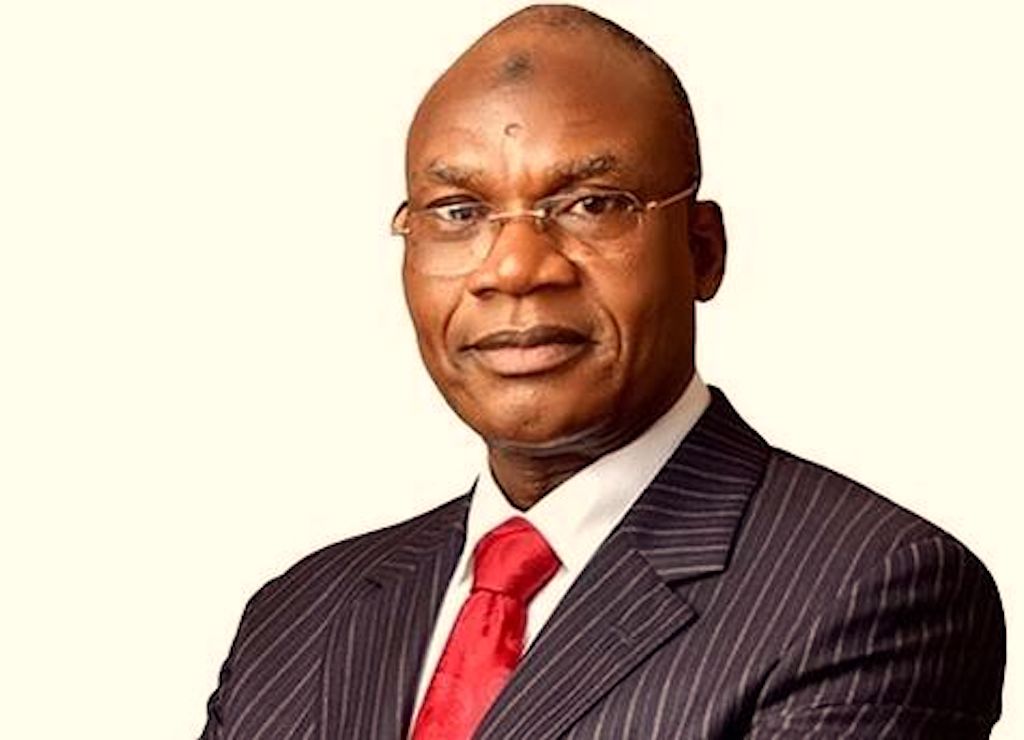The United States Aid For International Development (USAID) administrator, Samantha Power has Called for elimination of violence against women.
In a statement released today to commemorate the international day for elimination of violence against women, Administrator Samantha Power highlighted the grim reality that one in three women globally experiences physical and/or sexual violence in their lifetime, with over 640 million women and girls married before the age of 18 as of 2023. The World Health Organization’s estimations shed light on the alarming prevalence of gender-based violence worldwide.
Administrator Power drew attention to the often overlooked and underreported crime of conflict-related sexual violence, particularly in the Eastern Democratic Republic of Congo. Armed and organized groups are exploiting the escalating conflict to engage in child trafficking, kidnapping, and forcing women and girls into labor, contributing to the operation of at least 145 brothels in North and South Kivu.
“These crimes are often invisible,” Power emphasized, pointing out that for each reported case of rape connected to a conflict, the United Nations estimates 10 to 20 cases go undocumented.
As the world commemorates the International Day for the Elimination of Violence against Women, Administrator Power expressed a deep commitment to ending this pervasive issue. She announced the commencement of the annual global advocacy campaign, “16 Days of Activism Against Gender-Based Violence,” running through Human Rights Day on December 10. This year’s theme, “UNITE! Invest to Prevent Violence against Women and Girls,” underscores the importance of collective efforts in safeguarding women’s and girls’ fundamental right to safety.
Administrator Power addressed the multifaceted impact of harassment, threats, and abuse on women and girls, affecting their mental and physical health, educational pursuits, and work opportunities. Gender-based violence serves as a significant impediment to civic, social, political, legal, and economic participation for women and girls globally.
In the digital age, technology has facilitated the spread of gender-based violence on an unprecedented scale, speed, and reach. Administrator Power noted the specific challenges faced by women public figures, including politicians, activists, and journalists, with almost 75 percent of women journalists worldwide reporting experiences of online violence aimed at harming and silencing them.
Administrator Power highlighted USAID’s commitment to reducing, preventing, and addressing gender-based violence through programming and advocacy, particularly in conflict areas where the protection of women and girls is a key priority in humanitarian responses. In non-conflict settings, USAID works to promote the safe and meaningful participation of women and girls in political, peacebuilding, and transition processes.
Acknowledging the intersectionality of gender-based violence, Administrator Power noted the specific risks faced by historically marginalized communities, including persons with disabilities, LGBTQI+ individuals, and racial, ethnic, or religious minorities.
As part of the Global Partnership for Action on Gender-Based Online Harassment and Abuse, USAID collaborates with partner countries to share best practices and innovative approaches to prevent technology-facilitated gender-based violence targeting women in politics and public life. Earlier this year, USAID launched a pilot program in three countries to test innovative approaches for preventing and responding to technology-facilitated gender-based violence, with the aim of informing global efforts to address this growing problem.
Administrator Power concluded by urging a renewed commitment to combat gender-based violence during the 16 Days of Activism, emphasizing the importance of protecting women’s and girls’ fundamental right to participate fully and safely in society.
 Donate
Donate



